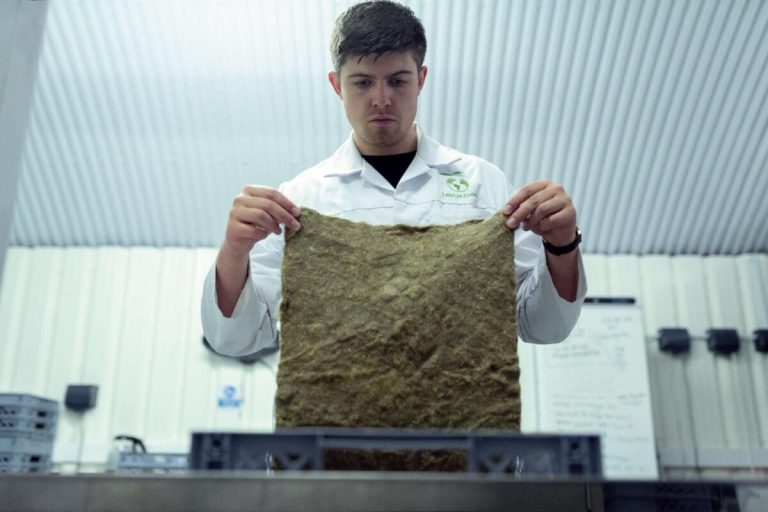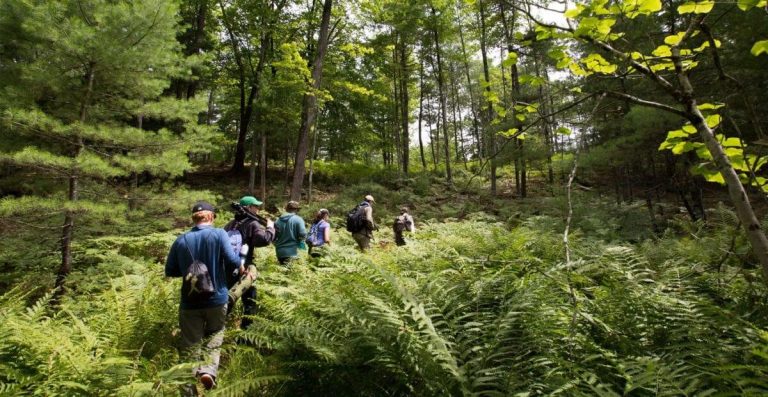
Friction between society and the natural world is an ongoing source of political and economic stress leading to endless debate about how much of the environment ought to be exploited for resources. Some propose that economic benefit justifies the damage caused by acquiring resources. Others fight for a protected environment, even when that might mean some resources go untapped.
Many governments, activist groups, individuals, and others on both sides of this debate will approach the matter from the perspective that society and the environment are two distinct entities in conflict. However, there is another school of thought that posits society and ecology are really elements of inclusive socio-ecological systems. Taking this approach can have important consequences for the way we think and talk about humanity’s relationship with the natural world.
Here’s a look at what professionals in environmental studies careers can do when examining ecological systems.
In Social-Ecological Systems Thinking, Economics & Ethics Inform Conservation
One important element of approaching environmental protection from a social-ecological standpoint is that concerns of economics and ethics must be addressed alongside environmental issues. These considerations can help experts explore why a particular ecology has been or will be altered, with a more complete picture of motivations and possible outcomes. For example, there may be a proposal to build a mine along the banks of a particular river, which might result in the production of waste runoff that could be harmful to local aquatic life. The project might also be economically lucrative, and allow the impoverished citizens of a nearby town to improve their quality of life. Taken together, these positive and negative factors make it difficult to delineate the project as being a fully good or bad idea.
By completing a Professional Science Master’s program with a focus on Natural Resource Management, you will gain a deep understanding of the interconnection of economics and ethics with conservation. This can help you look at ecological issues with a fair view of arguments put forth by various sides, and work towards solutions that protect the natural world while being fair to other considerations, too. It’s an important skill that is broadly applicable within the world of natural resource management and conservation, and can help you enjoy success in your future career.
Professionals in Environmental Studies Work to Understand Conservation’s Human Dimension
It’s difficult to overstate the profound effects that humans exert on the environment. Around the world, climate change, habitat destruction, species endangerment, and many more human-caused issues exist, and are often worsening. It will take determination and concerted effort to mitigate these issues, but taking action will often have consequences on people’s lives. Creating a carbon tax to discourage unsustainable emissions, for example, will almost certainly result in higher gas prices. Green energy subsidies for purchasing home battery packs, solar panels, or other technology may encourage their adoption, but the costs often remain high, essentially making the subsidies something that only benefits the wealthy. For measures like these, and many others, there can be a perception of eco-friendly initiatives being unfair to the average citizen.
Taking the social-ecological systems approach can help experts see that public opinion on fairness and utility are particularly important to environmentalism, even though it can sometimes be difficult to predict. This is why communication and collaboration skills are important aspects of the curriculum at Environmental Science schools. Attending will allow you to learn how to collaborate with social scientists and citizens as part of the decision-making process for conservation initiatives, as well as hone effective science communication skills. These are hugely important skills that can help you make a real impact when researching potential ecological undertakings, and making arguments to society, people, and organizations about why they should be implemented.
Are you interested in Environmental Science careers?
Contact Unity College to sign up for the training you need!



